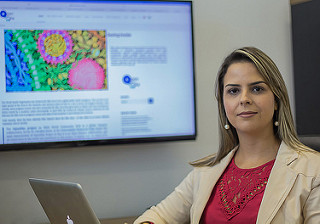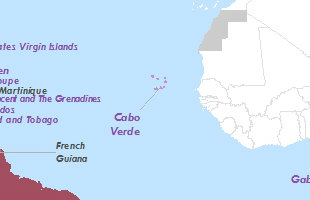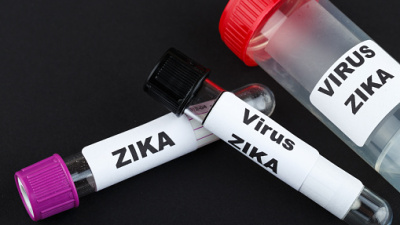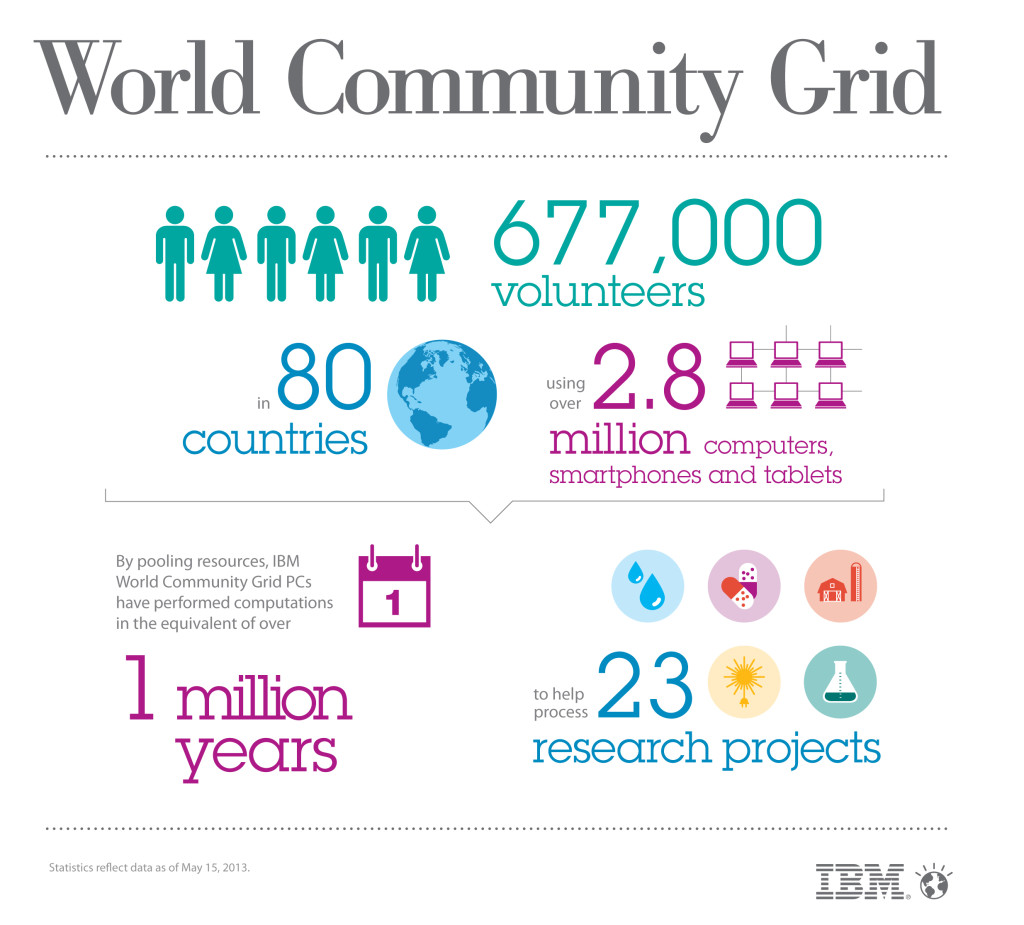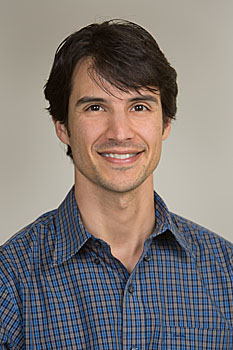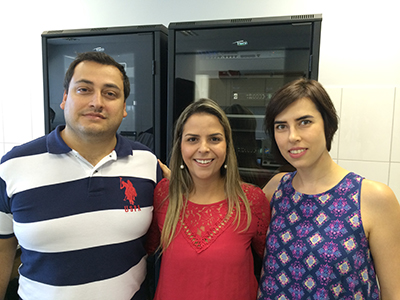IBM to Fight Zika with World Community Grid
“Enlisting the help of World Community Grid volunteers will enable us to computationally evaluate over 20 million compounds in just the initial phase and potentially up to 90 million compounds in future phases,” said Carolina Horta Andrade, Ph.D., adjunct professor at the Federal University of Goiás in Brazil and the lead researcher on the OpenZika project. “Running the OpenZika project on World Community Grid will allow us to greatly expand the scale of our project, and it will accelerate the rate at which we can obtain the results toward an antiviral drug for the Zika virus.”


